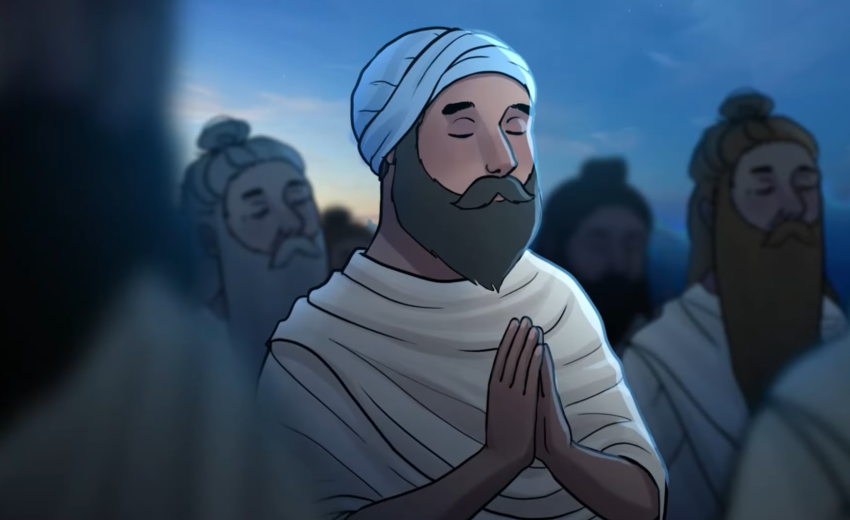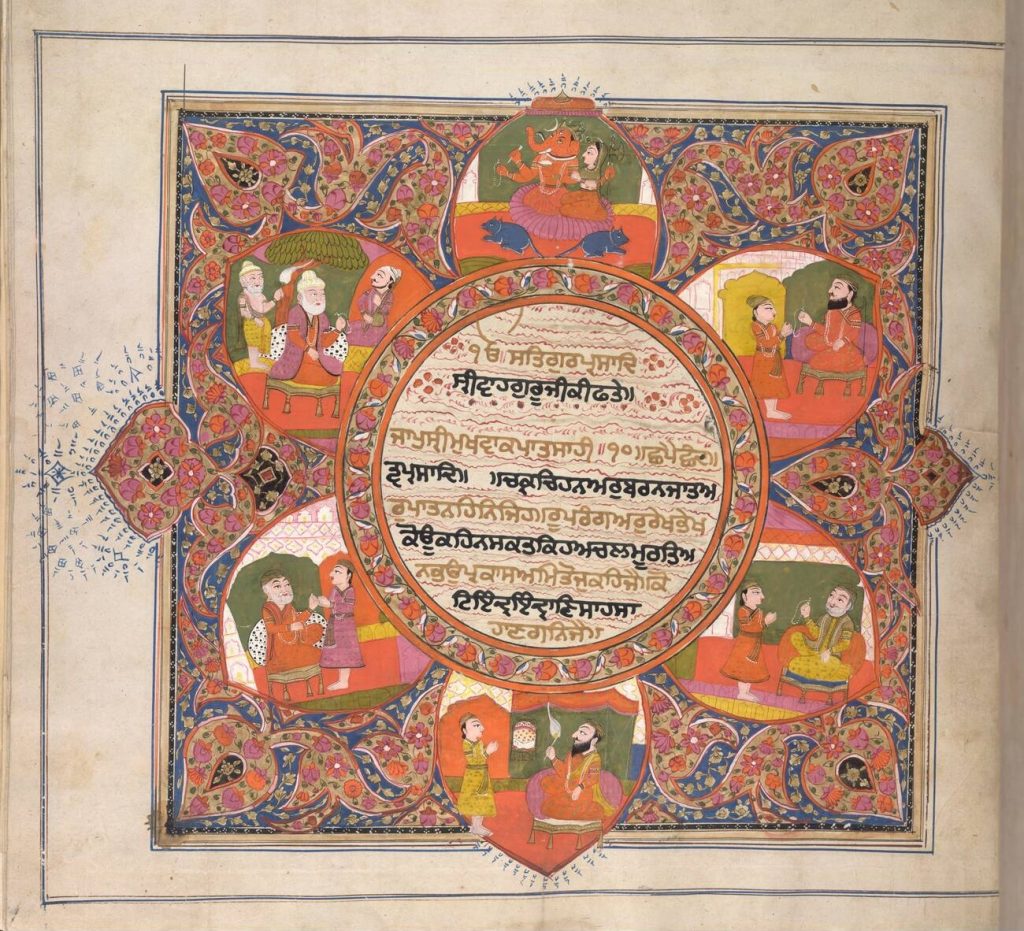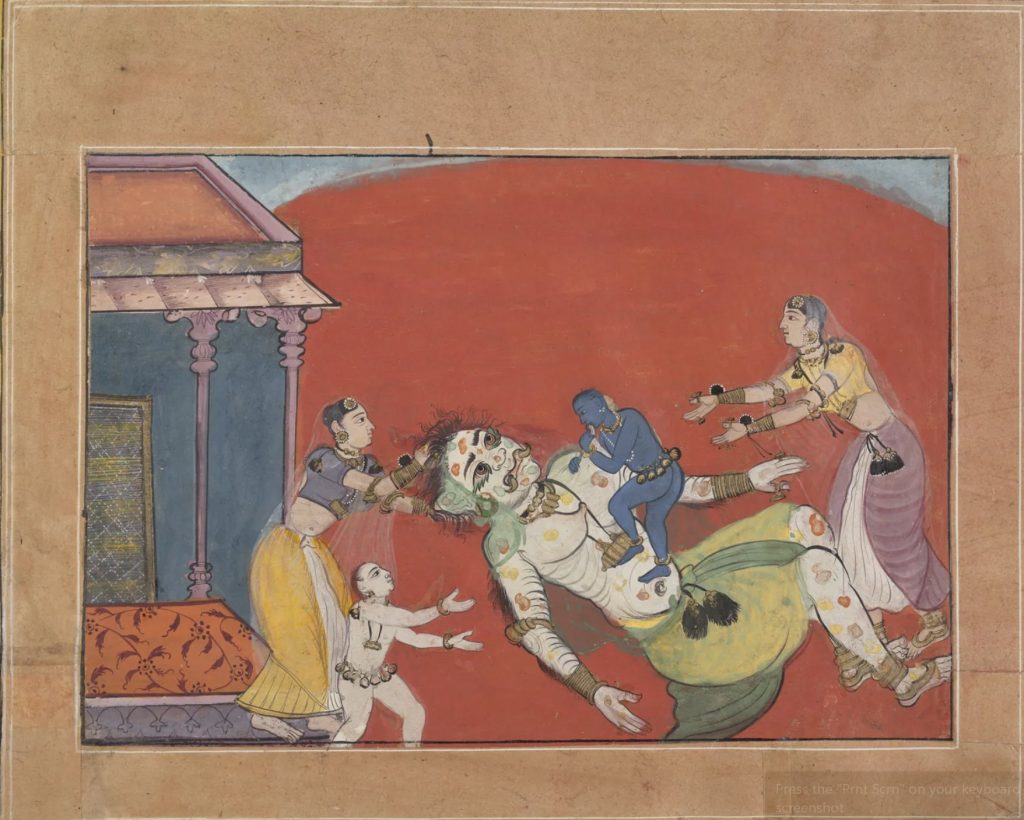BACHITRA NATAK (bachitra = marvellous, wondrous + natak = drama, play) is the name given a complex of compositions, commonly attributed to Guru Gobind Singh, the Tenth Guru or prophet teacher of the Sikh faith, assembled in his book, the Dasam Granth: hence, the name dasam (tenth) granth (book), i.e. Book of the Tenth Master to distinguish it from the earlier work, the Adi (first, primary or original) Granth, now venerated as Sri Guru Granth Sahib. The most familiar section of compositions collectively called Bachitra Natak Granth is the Bachitra Natak itself, some of the others being Chandi Chritra Ukti Bilas, Chandi Chritra, Var Sri Bhagauti Ji Ki (or Chandi di Var), Gian Prabodh, and Chaubis Autar.The composition of Bachitra Natak may have begun in 1688, at Paonta during the first spurt of Guru Gobind Singh\'s literary activity.
Explore the Phunhe poetic meter in Guru Granth Sahib, expressing deep devotion and longing for the Divine. Discover its origins and spiritual significance.
Discover the timeless beauty of Barah Maha poetry, where nature reflects the heart's yearnings and separation, a tradition rooted in classical Indian epochs.
Explore the concept of Punn in Indian tradition, embodying ethics, spirituality, and metaphysics, impacting present life and eschatological state.
Delve into the rich history and significance of Bhagauti in Sikh tradition, from devout worship to feminine strength. Learn what makes Bhagauti unique.
Discover the tale of Putana, the demoness who found salvation through Krishna. Explore mythological themes from Guru Granth Sahib.
BHANA, lit. liking, pleasure, will, wish or approval, is one of the key concepts in Sikh thought. In Sikhism, it refers specifically to God`s will and pleasure. Raza , an Arabic term popular in the context of various schools of Sufi thought, also appears frequently in the Sikh texts to express the concept of UMArSA bhana. According to this concept, the Divine Will is at the base of the entire cosmic existence. It was His bhana, His sweet will which was instrumental in the world`s coming into being: "Whenever He pleases He creates the expanse (of the world of time and space) and whenever He desires He (again) becomes the Formless One (all by Himself)" (GG, 294).
Explore how Guru Nanak redefined 'qudrat' to embody Divine power and creation, bridging Indian and Arabic traditions with a unique philosophical vision.








